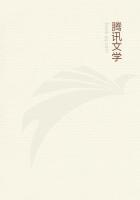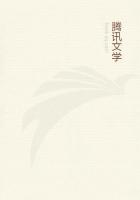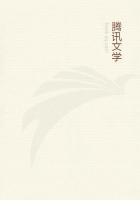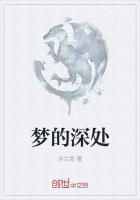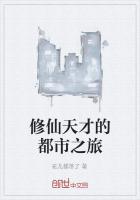It is on this principle that St.Thomas explicitly states that God has been pleased that the sensible accidents should subsist in the eucharist, in order that the senses, which judge only of these accidents, might not be deceived.We conclude, therefore, from this, that whatever the proposition may be that is submitted to our examination, we must first determine its nature, to ascertain to which of those three principles it ought to be referred.If it relate to a supernatural truth, we must judge of it neither by the senses nor by reason, but by Scripture and the decisions of the Church.Should it concern an unrevealed truth and something within the reach of natural reason, reason must be its proper judge.And if it embrace a point of fact, we must yield to the testimony of the senses, to which it naturally belongs to take cognizance of such matters.So general is this rule that, according to St.Augustine and St.Thomas, when we meet with a passage even in the Scripture, the literal meaning of which, at first sight, appears contrary to what the senses or reason are certainly persuaded of, we must not attempt to reject their testimony in this case, and yield them up to the authority of that apparent sense of the Scripture, but we must interpret the Scripture, and seek out therein another sense agreeable to that sensible truth; because, the Word of God being infallible in the facts which it records, and the information of the senses and of reason, acting in their sphere, being certain also, it follows that there must be an agreement between these two sources of knowledge.And as Scripture may be interpreted in different ways, whereas the testimony of the senses is uniform, we must in these matters adopt as the true interpretation of Scripture that view which corresponds with the faithful report of the senses.
"Two things," says St.Thomas, "must be observed, according to the doctrine of St.Augustine: first, That Scripture has always one true sense; and secondly, That as it may receive various senses, when we have discovered one which reason plainly teaches to be false, we must not persist in maintaining that this is the natural sense, but search out another with which reason will agree.St.Thomas explains his meaning by the example of a passage in Genesis where it is written that "God created two great lights, the sun and the moon, and also the stars," in which the Scriptures appear to say that the moon is greater than all the stars; but as it is evident, from unquestionable demonstration, that this is false, it is not our duty, says that saint, obstinately to defend the literal sense of that passage;another meaning must be sought, consistent with the truth of the fact, such as the following, "That the phrase great light, as applied to the moon, denotes the greatness of that luminary merely as it appears in our eyes, and not the magnitude of its body considered in itself." An opposite mode of treatment, so far from procuring respect to the Scripture, would only expose it to the contempt of infidels; because, as St.Augustine says, "when they found that we believed, on the authority of Scripture, in things which they assuredly knew to be false, they would laugh at our credulity with regard to its more recondite truths, such as the resurrection of the dead and eternal life." "And by this means," adds St.Thomas, "we should render our religion contemptible in their eyes, and shut up its entrance into their minds.And let me add, father, that it would in the same manner be the likeliest means to shut up the entrance of Scripture into the minds of heretics, and to render the pope's authority contemptible in their eyes, to refuse all those the name of Catholics who would not believe that certain words were in a certain book, where they are not to be found, merely because a pope by mistake has declared that they are.It is only by examining a book that we can ascertain what words it contains.Matters of fact can only be proved by the senses.If the position which you maintain be true, show it, or else ask no man to believe it- that would be to no purpose.


